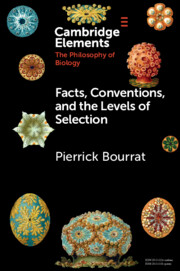The fundamental tenet of contemporary sociobiology, namely the assumption of a single process of evolution involving the selection of genes, is critically examined. An alternative multiple-level, multiple-process model of evolution is presented which posits that the primary process that operates via selection upon the genes cannot account for certain kinds of biological phenomena, especially complex, learned, social behaviours. The primary process has evolved subsidiary evolutionary levels and processes that act to bridge the gap between genes and these complex behaviours. The subsidiary levels are development, individual animal learning, and socioculture itself. It is argued that individual learning is pivotal to the derivation and biological analysis of culture. The differences between cultural and noncultural societies are stressed. It is concluded that such a multiple-level model of evolution can form the basis for reconciling opposing sides in the sociobiology debate.


